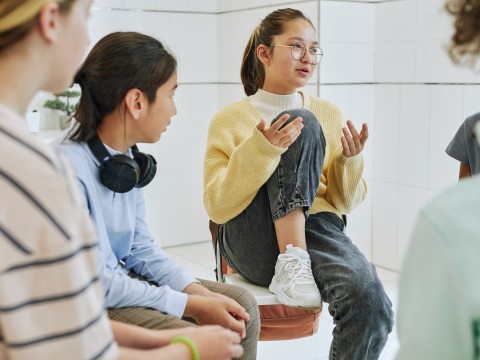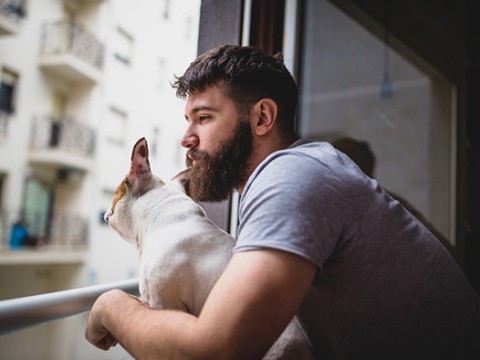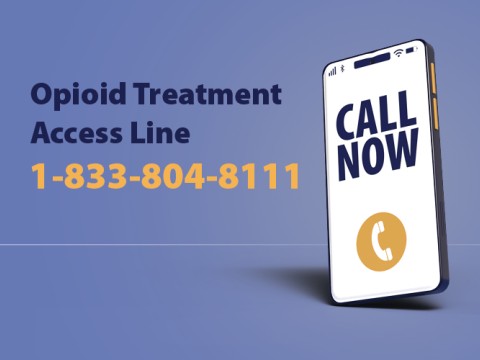First Nations Virtual Doctor of the Day
Free access to primary and mental health care closer to home for First Nations people who have limited or no access to doctors.
Child Protection Services
Provides child protection services for children and youth in BC. Social workers investigate reports of child abuse or neglect, provide or arrange support services for families, supervise a child's care in the home, and protect children through removal from the family and placement with relatives, a foster family or specialized residential resources.
To report a concern about a child being abused or neglected, call the toll free number or Helpline for Children, both available 24-hour, 7 days a week.
Helpline For Children
Provides a helpline for children and youth who feel scared, confused or unsafe or who are experiencing abuse at home, at school or in the community, and would like to talk with someone. The phone line is available day and night and you do not have to give your name.
Anyone concerned about the safety of a child or youth who they suspect is being abused or neglected, can call child protection services to report their concerns.
Indigenous Health
Provides information on Health Canada programs that support healthy First Nations and Inuit individuals, families and communities.
Information includes family health, home and community care, social programs, nutrition and food safety, dental benefits, mental health and substance use, environmental health, and information on diseases and conditions affecting First Nations and Inuit peoples.
Hope for Wellness Help Line
Offers immediate mental health counselling and crisis intervention to all Indigenous peoples across Canada. Experienced and culturally competent counsellors can help those who wish to talk, are distressed, in crisis, or having strong emotional reactions and or painful memories. Online chat is also available.
National Indian Residential School Crisis Line
Offers a 24-hour crisis line to former Indian residential school students and their families across Canada.
First Nations Wellness
Offers online information, tips and resources to improve First Nations health and wellness. Topic areas include being active, healthy eating, mental wellness and substance use, spiritual health, environmental health and safety, primary care, and traditional wellness.
First Nations Treatment Centres
Provides an online listing of First Nation treatment centres in BC available to Indigenous males, females, youth and families. Services vary per location; offers a variety of cultural and clinical interventions and support including family treatment, couples counselling and services for pregnant women.
Virtual Substance Use and Psychiatry Service
Provides Indigenous people in BC access to specialists in addictions medicine and psychiatry through video conferencing or in a health centre or client's home.
Clients work with their care providers to choose a location for the appointments. Referral providers are encouraged to attend appointments to provide local knowledge for care planning and continued client support.
Indian Residential Schools Resolution Health Support Program
Provides mental health and emotional support to former Indian Residential School students and their families before, during and after their participation in Settlement Agreement processes.
Services include counselling, cultural support such as ceremonies, prayers and traditional healing, access to Aboriginal mental health workers, and transportation assistance.


